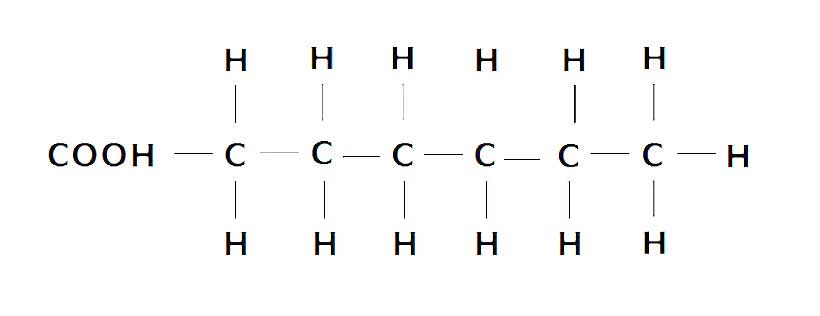Hypothesis.
What is the term that describes an educated guess of the answer to a problem?
This type of bonding occurs when oxygen atoms share electrons.
What are covalent bonds?
The two main types of cells.
What are prokaryotes and eukaryotes?
The most likely result of damage to the thylakoid membranes in a plant.
What is a decrease in glucose production?
Solar energy, wind energy, biofuel, hydropower, and geothermal energy are examples of this.
What are types of renewable resources?
A student is looking to see how much life exists in a pond. They record that 20 amoeba were found in a sample of water. The student is doing what?
What is collecting data?
This type of bonding occurs when one atom gives up an electron and another one takes on the electron and they are attracted to each other.
What is an ionic bond?
This vascular tissue in plants provides a two-way flow of carbohydrates (food) and water.
What is the phloem?
This is the name used to describe an organism that makes their own food through photosynthesis.
What is an autotroph?
Coal, oil, and natural gas are examples.
What are nonrenewable resources?
Science asks ________ questions about the natural world.
What is testable?
The biological macromolecule that provides the quickest energy for an animal to sprint.
What is carbohydrate?
This vascular tissue transfers water from the roots through the rest of the plant.
What is the xylem?
This is the main role of the electron transport chain in cellular respiration.
What is to make ATP?
Starting a recycling program or decreasing consumption are ways to do this.
What are ways to promote more sustainable use of resources?
Plankton --> shrimp --> mackerel --> tuna
This will happen if the tuna are killed off by humans.
What is an increase in the mackerel population?
Making muscle tissue, transporting other molecules in the body and moving material in and out of the cell are all functions of this macromolecule.
What is a protein?
This feature of a cell membrane prevents water from entering the cell.
What is the nonpolar lipid layer?
or nonpolar fatty acids?
or phospholipids?
The type of relationship that occurs when one organism benefits and the other organism is harmed.
What is parasitism?
This is the most likely outcome of increased global temperatures.
What is rising sea levels?
Chipmunks sleeping underground through the winter, birds moving south when the weather gets colder, or frogs digging into the mud to hibernate in the winter are examples of this.
What are results of seasonal change?
This is an example of (saturated/unsaturated) fat.

What is a saturated fat?
This type of cellular transport uses a protein to move a molecule across a cell membrane without energy.
What is facilitated diffusion?
This part of cellular respiration must occur before any of the other steps can occur.
What is glycolysis?
These organisms fix nitrogen gas into usable forms for plants.
What are bacteria?